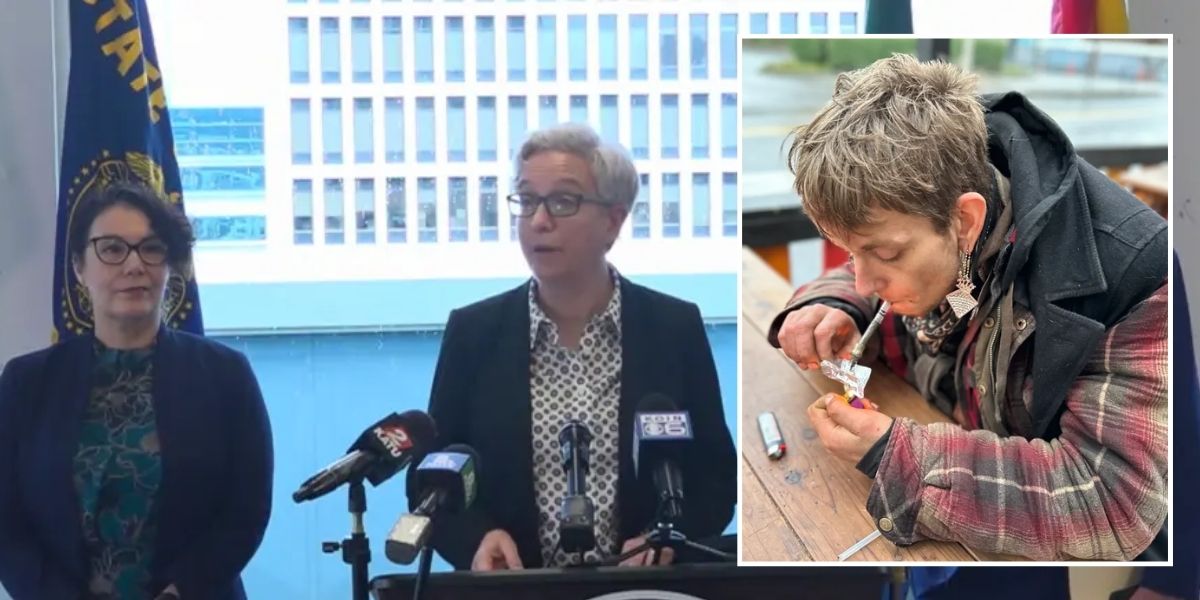On Tuesday, a state of emergency was declared in downtown Portland due to the widespread fentanyl issues, occurring only three years after Oregon became the first state to decriminalize drug use.
Governor Tina Kotek, Multnomah County Chair Jessica Vega Pederson, and Portland Mayor Ted Wheeler collectively issued an ordinance to set up an emergency command center dedicated to responding to and preventing drug overdoses for a minimum of 90 days.
“Our country and our state have never seen a drug this deadly and addictive , and all are grappling with how to respond Governor Kotek stated.
“The Chair, the Mayor and I recognize the need to act with urgency and unity across our public health and community safety systems to make a dent in this crisis. We are all in this together.”
According to Kotek’s office, the three concurrent emergency declarations were made in order to combine and “refocus existing resources” across the jurisdictions of the city, county, and state.
The facility will function as an instant care access point, providing synthetic opioid addicts with access to resources ranging from a bed in a drug rehab facility to a meeting with a mental health professional for assistance in applying for food stamps.
The authorities of the health department will gather information regarding the effects of fentanyl in Portland’s downtown region in order to proactively tackle any shortcomings in the government’s strategy for combating the city’s escalating drug epidemic.
As part of the initiative, the Portland Police Bureau and Oregon State Police will work together to crack down on individuals trafficking in lethal substances. Meanwhile, health experts will engage with the public by distributing Narcan and providing training on its use.
“Today, we move forward with urgency to address these challenges together under the authority of emergency declarations. This is exactly the type of coordinated action needed to make a direct impact and a lasting difference” Mayor Wheeler stated.
The statement is a suggestion made by a task committee appointed by the governor, which convened for several months last year to explore ideas for revitalizing Portland’s downtown.
The significant disclosure also coincides with a mere six months after data was made public indicating that, in Multnomah County, Portland, overdose deaths from synthetic opioids, primarily fentanyl, increased by 533% between 2018 and 2022.
The state’s largest city has faced intense criticism for enacting a first-of-its-kind decriminalization of occasional drug use in 2020, only months after the fentanyl crisis flared up.
Although the law prioritized treatment for addiction over criminal penalties, the prevalence of synthetic opioids on Portland streets has increased.
As part of their “Harm Reduction Program,” health officials used to give drug users tin foil, straws, and snorting kits.
According to data from the Centers for Disease Control and Prevention, Oregon is dealing with the biggest spike in synthetic overdose deaths in the nation and the third highest overall.
A portion of the decriminalization statute was to be rolled back by Oregon Democrats, reversing a significant portion of the original legislation but sending offenders of hard drug possession to addiction treatment facilities rather than jail.












Leave a Reply